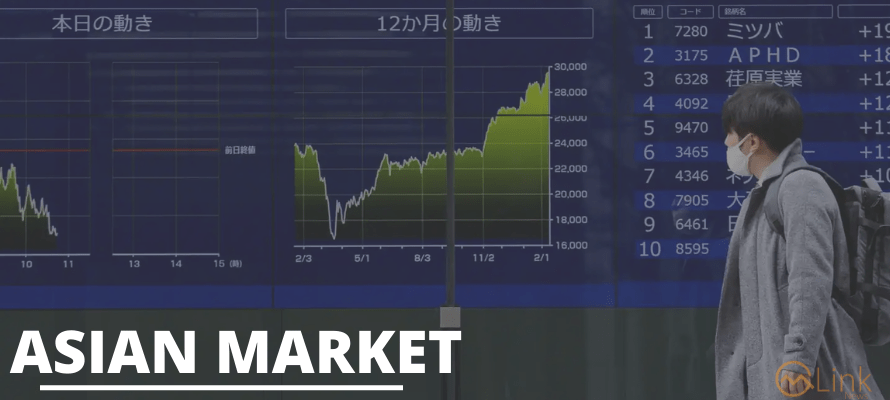February 07, 2024 (MLN): Russia is likely maintaining access to the global financial market despite facing international sanctions, partly by exchanging gold for bulk cash through countries such as the UAE and Turkey, according to research from Sayari, a financial-intelligence company.
To note, Russia has been blocked from accessing Western currency through sanctions, which were enacted following its invasion of Ukraine in early 2022.
The report showed that in the first quarter of 2023, over $82 million in US dollars, euros, and United Arab Emirates dirhams were shipped from entities in Turkey and Dubai to Russia.
Within the same month of receiving those currencies, gold valued at approximately $725m was shipped from Russia to the same entities in Dubai and Turkey, providing direct evidence of Russia’s ongoing ability to obtain foreign currency via the export of gold.
A deep analysis by the Washington-based financial-intelligence provider into the Russian entities involved in the export of gold suggests that some Russian financial institutions appear to be obtaining USD and euro banknotes in exchange for gold, thus circumventing US and EU restrictions on currency exports to Russia.
Access to foreign reserve currencies could enable the Russian economy to be more resistant to financial sanctions.
Based on information from the European Central Bank, as of early 2023, Russia has diversified and re-established trade routes to evade sanctions and identified new trading partners to replace the lost trade opportunities due to sanctions.
Turkey and the UAE, among others, have not banned the import of Russian gold, allowing entities in these countries to serve as midpoints to exchange gold for the foreign currency Russia needs.
In order to identify possible involvement in transactions like these as part of due diligence, banks would need to examine correspondent banking relationships in jurisdictions more likely to be midpoints for Russian access to US dollars or euros.
Any bank that has a correspondent banking relationship with a US or European institution is vulnerable to exposure to this type of scheme, the research report highlighted.
It is not clear, based on public and commercial data alone, who the ultimate recipients of this bulk cash are or if the recipients include or have ties to sanctioned elements of the Russian government; identifying the ultimate recipients would likely require direct access to the institutions and individuals involved.
The financial-intelligence provider gathered the data from bills of lading.
Bill of lading data often includes the name of the importer and exporter, goods description and HS code, and origin and departure country, making it especially useful for identifying macro trends in trade activity as well as specific entities involved.
Copyright Mettis Link News
Posted on: 2024-02-07T13:14:50+05:00







